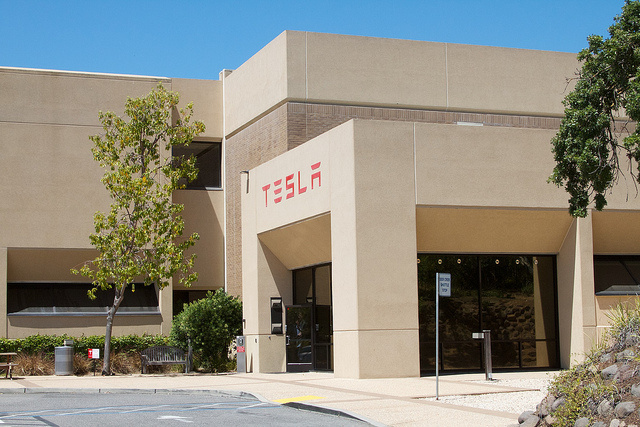
Last year, Delphi demoed a self-driving car that drove across the country autonomously. (credit: Megan Geuss)
Today, auto parts supplier Delphi and sensor-maker Mobileye announced a plan to build a fully autonomous car system that auto manufacturers can use to make their cars self-driving without investing a lot of expensive R&D. The companies say the system will be production-ready for OEMs by 2019.
On a conference call with Delphi CEO Kevin Clark and Mobileye CTO Amnon Shashua, the two executives estimated that car-buyers would likely see such a system in new cars between late 2019 and 2021.
Delphi has been working on building self-driving software for years now—Ars went down to its Silicon Valley garage last spring to see an Audi that Delphi had tricked out with its own autonomous system prior to embarking on a self-driving cross-country road trip. Mobileye, too, has a lot of experience—most recently it announced a partnership with BMW and Intel to build self-driving BMW platforms. It also had a falling out with Tesla earlier this year after a driver was killed when his car struck a left-turning truck while the Tesla was in autonomous mode.







